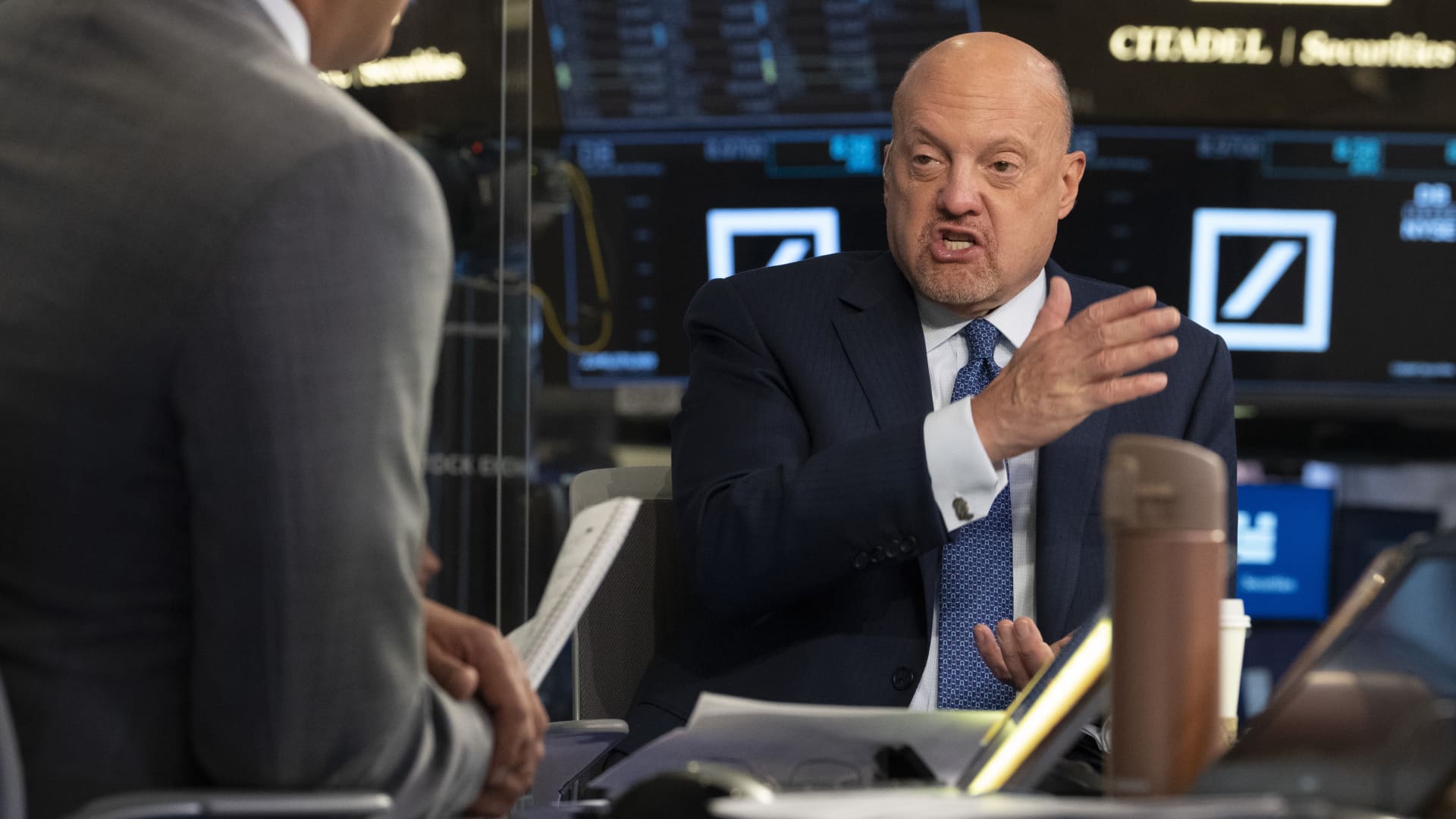‘Turkey solving its Kurdish and Islam problem’
You may or may not share his views. The point is, his impressions are quite interesting indeed. He took part in a conference staged in Ankara by the Eurasian Studies Center (ASAM) and he tried to speak (!) at Ankara’s Middle East Technical University. I am saying he tried to because he was prevented from speaking. I think the students who acted in thatmanner did wrong. It must not be forgotten that by not letting him speak they missed the change to hear his views — which they would probably find very interesting.
Fuller had the chance to disclose his views at MANSET (CNN TURK, 5 p.m.). For those who missed that program I want to give here part of his remarks.
Kurds may not be able to get what they expect
According to Fuller the U.S. has embarked in Iraq on an adventure fraught with risks. He thinks that Iraq may see an explosion of Arab nationalism. However, he does think it likely that an Iranian type religious state will be founded there.
Even more interesting was his words on the Iraqi Kurds. He believes that Barzani and Talabani have been able to act almost as if they are at the head of an independent state but that after a government gets formed in Iraq they will not have that kind of freedom of movement anymore.
He says, "The state to be founded will attach great importance to the country’s territorial integrity and will want the powers to be gathered in the hands of the Baghdad government once again, and this this will be contrary to the Kurds’ expectations in general."
Would the system to be created by the northern Iraqi Kurds could whet the appetites of certain Kurdish groups living in Turkey?
Fuller does not believe it would.
Turkey has understood the Kurdish problem
On the contrary, he stressed that Turkey has come to understand the Kurdish problem, seen how it can solve the problem and, in fact, taken significant steps to bring about a solution.
He said, "I am quite hopeful."
Fuller’s view is important because he is an expert who has studied closely the Kurdish problem in Turkey.
He has made an observation which is even more significant than all that:
"A happy Diyarbakir would bring affluence to Turkey while causing problems for the other countries in the region. An unhappy Diyarbakir, on the other and, would constitute a danger for Turkey."
According to Fuller, Turkish citizens of Kurdish origin would not envy northern Iraq because they know that they would not be able to get anywhere else the democracy they enjoy in Turkey.
Turkey has solved its political Islam problem
Fuller stated also that Turkey has solved its political Islam problem.
How did that happen?
"Turkey has solved the problem thanks to democracy. No other country in the region has accomplished that. Via elections it has carried into Parliament a party that focuses on Islam. Tomorrow, in a new election. it may take the power from their hands and give it to another party. I mean, the democratic system is functioning. In such a climate political Islam cannot survive. In this respect Turkey has set an example to the other Islamic countries in the region."
A Turkey that can say No to U.S.
Fuller had recently been in Egypt.
He stressed that rejection of the U.S. troop deployment in Turkey motion has made an incredible impact on the fellow Islamic countries, that their way of looking at Turkey — a country that can say No to America — has changed greatly.
Europe too has the same impression.
In the EU Parliament I talked with numerous parliamentarians and I always heard the same words: "We used to think that Turkey’s democracy was lame, that Parliament had to comply with whatever the military or the U.S. said. The motion incident has shown that our conviction was wrong."
Well, what could happen in relations with Iran in the existing circumstances?
Fuller does not expect a military operation to be directed against Iran. On the other hand he thinks that Washington will keep Tehran under political pressure and that maybe it will destroy Iran’s nuclear installations.
The region, Turkey included, is rapidly changing. If we can keep up with the change, if we can cast aside the old, stereotyped views, we will all be relieved. However, there are some of us who resist change and they are not just a few people.

